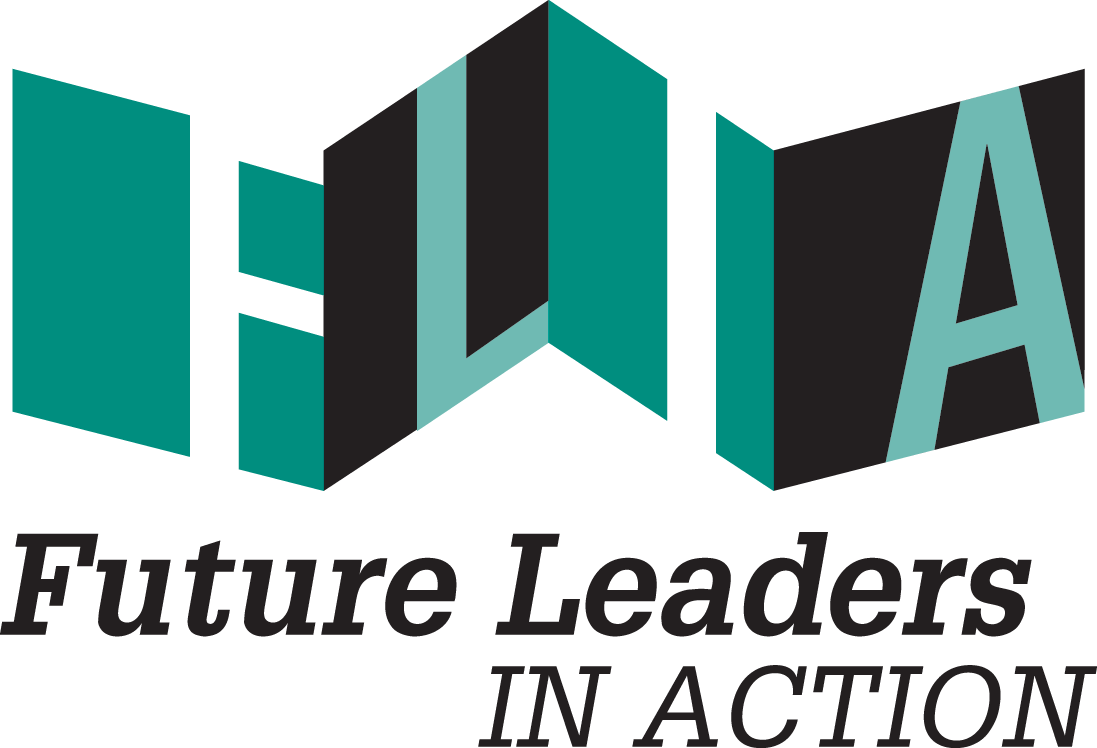Photo Credit: Doug Cody
The beginning of the year is usually spent as off-time from fellowships, winding down from working with Fall fellows and gearing up to onboard Summer fellows. This year is different. In expansion efforts, we launched a Spring cohort in addition to our Summer and Fall fellowships, and it kicked off last week at the retreat in Portland, Oregon.
The fellow retreat is a time for us to bring fellows together in one place for training and development. It's designed to prompt reflection and growth as fellows enter the social sector - but it ends up being much more than that.
Reflection
Throughout the week, fellows reflected on what brought them to where they are today. They identified key personal values and began crafting a personal mission statement that drives their work. Rachel Parker from Boys & Girls Clubs of Portland led an Adverse Childhood Experiences (ACEs) workshop that discussed resilience-building and trauma-informed care, which resonated deeply with all three fellows.
Community-building
The fellows work in different cities - each with a different nonprofit partner - but a sense of community and support is critical to the fellowship. Throughout the spring, they plan to routinely connect as peer mentors and coworkers. During a session when they were set to develop a contract of expectations and communication practices together, they organically ended up with a group handshake and cohort name.
Project Direction
One of the biggest chunks of time during the retreat is spent outlining action plans for their fellowship projects and setting time-based goals. Then, they present their plans and field questions and feedback from the group.
Brittany is charged with bringing creative and experiential education components to existing programs at Fiver Children's Foundation. Her goal is to incorporate mindfulness and self-awareness practices into all of the curriculum, from the college/career-readiness to healthy lifestyles and environmental programs.
With Financial Beginnings Oregon, Bayo is most excited about working directly with students who have gone through the organization's financial literacy programs. He plans to facilitate student focus groups aimed at gauging how effective and culturally responsive the programs are.
Jenna will work with YSS to develop an alumni network for youth and families touched by YSS's substance abuse treatment programs. She identified barriers to beginning the project and ideas she has for combatting them. One of her strategies going into the project will be to research existing, successful alumni programs that serve similarly vulnerable populations and model YSS's off of others' findings.
Fellows playing a cooperative board game that is designed to simulate common experiences and barriers faced upon entering the social sector.
By Friday, all of the fellows reported feeling confident and equipped with tangible, new ideas to apply to their work at the partner organizations and in the future. Onward, E^3!




